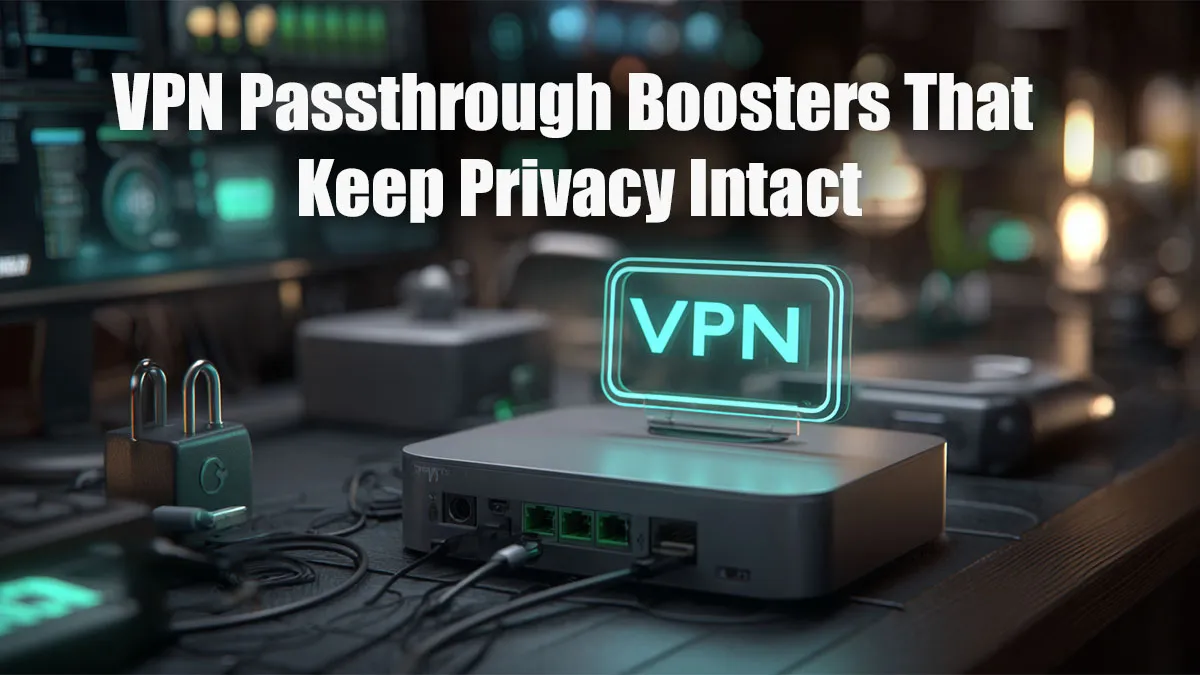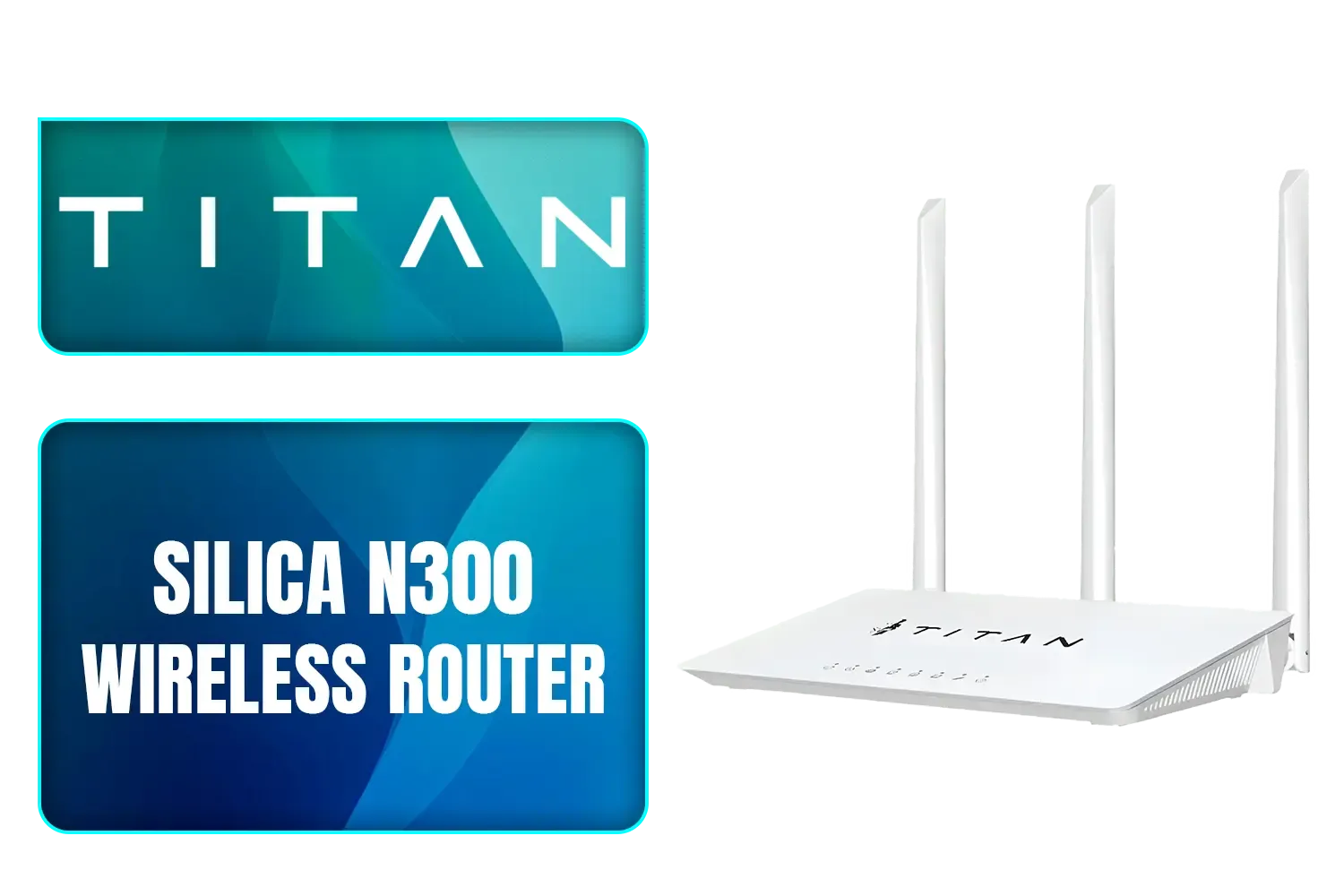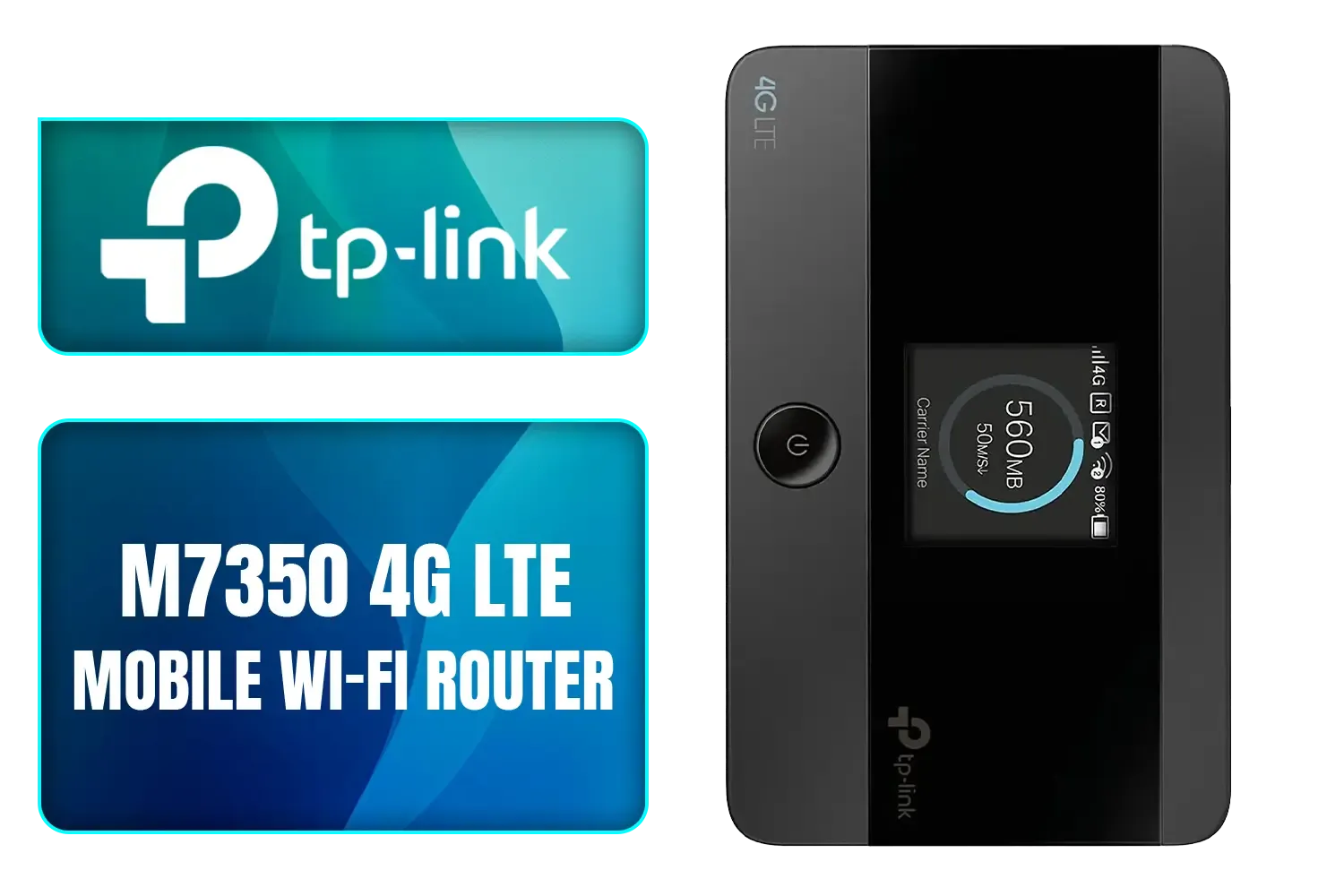
Routers That Work for Kids
Boost kids’ learning success with routers built for reliability 📚⚡️! Discover top picks that ensure lag-free sessions and safe browsing.
Want to protect your privacy without losing speed? 🔒 Learn how the best routers with built-in supports boost performance while keeping data safe.

You’ve installed your VPN. You’re ready to browse safely, stream globally, and game with peace of mind. But suddenly… connection drops, speeds tank, or certain services just stop working. The culprit? Your router. Without proper passthrough support, even the best VPN can’t do its job. Let’s dive into VPN passthrough routers for seamless security—so your connection stays smooth and encrypted across every device. 🔒🚀
VPN passthrough allows encrypted VPN traffic to flow through your router to your VPN client—whether it’s on your PC, smartphone, or work laptop. Without this feature, older or budget routers may block, misroute, or slow down those encrypted packets.
Most VPNs use protocols like:
Your router needs to support these protocols—or at least pass them through—to ensure stable VPN connections.
Many modern wireless routers at Evetech come with this built-in, along with QoS and dual-band optimisation.
If you're using a VPN for geo-routing game servers, blocking DDoS threats, or accessing streaming libraries, router compatibility becomes crucial. Without passthrough:
With passthrough enabled, your VPN works as intended—no need to disable your firewall or set up dodgy DMZ settings.
Looking to upgrade your whole network? Start by checking compatible network switches that complement VPN-ready routers for full-home or office setups.






When shopping for a router that plays nice with VPNs, keep an eye out for:
Passthrough alone won’t make your connection faster—but it prevents avoidable bottlenecks. Pair this with a high-speed fibre line, and you’re sorted.
Many VPN-ready routers can host the VPN client directly—so every device connected stays protected, even smart TVs and consoles.
Once you’ve got the right hardware, ensure these settings are dialled in:
Still unsure which setup is best for your space? Explore Evetech’s entire networking section to compare router specs, price points, and features suited for South African users.
Whether you're protecting sensitive data, spoofing your Steam location, or just want a smoother Netflix catalogue—VPNs are part of modern digital life. But without proper passthrough support, your router can ruin the experience before it starts.
Choose a router that lets your VPN work, not one that fights it.
Protect Your Ping and Privacy Choose a VPN-ready router that keeps your connection fast and secure… Shop now at Evetech for performance that leaves lag in the dust.
Look for models with built-in support and strong hardware for smooth, secure connections.
Some speed drop is normal, but quality routers minimize impact while keeping data safe.
Not all routers support this. Check for compatibility or consider hardware with native features.
Follow your provider’s guide and configure settings under the network security section.
Hardware offers better performance, stronger encryption, and shielded protection for all connected devices.
Yes, if they have strong processors and modern protocols like OpenVPN or WireGuard.
Use online services to measure speed and check for leaks in encryption protocols.